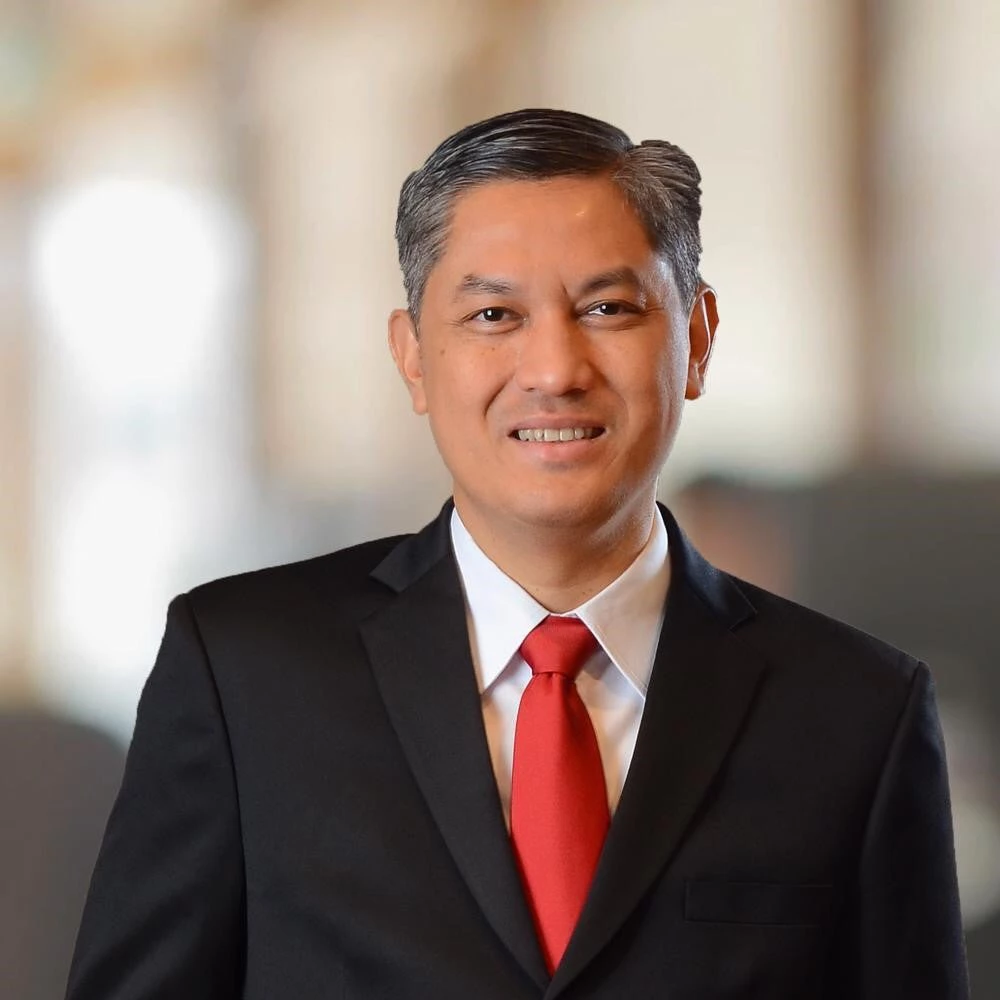This week I’ve been participating in the World Bank’s South-South Learning Forum in Rio de Janeiro, Brazil, where policymakers from 70 countries are sharing their experiences and discussing practical solutions for successful social protection programs.
Having made significant strides in reducing poverty and inequality over the last decade, Brazil is a befitting host for this year’s forum. One of the event’s highlights was a one-day field visit to see Brazil’s innovative Bolsa Familia Program -- a conditional cash transfer scheme that has changed the lives of millions of vulnerable Brazilians – in action.
Packed in a bus with 15 others, we arrived at a local municipality office in the Rio de Janeiro district of Rocinha. Energetic social workers – gleaming with pride — gave us a snapshot of how the program works. Poor families –the target of the program— go to a “CRAS” or a reference center to receive social assistance. Their data are entered into a national unified registry, which serves as a robust information system for various social programs. To date, this registry –locally dubbed as “Cadastro Unico”— contains over 50 million records.
Bolsa Familia’s assistance comes with strings attached. To ensure continued assistance in the form of electronic cash transfers, these families must be able to show that their children are attending school regularly and visiting health clinics periodically. These conditionalities are tracked automatically by the information system. From the municipality office, we went straight to a local school to meet children who are benefitting from the program. The school’s much beloved principal, Fatima Terezinha Pires da Cruz, summed it up well: “Bolsa Familia guarantees the regular attendance of some my students. It helps fight child labor and avoids drop-outs because there is monetary incentive to keep these children in school. There are also improvements in their academic achievements.”
Critics of these types of programs might say that schemes like this are creating some form of dependency. I would argue that it gives that little nudge for families to make the best choice for their children. When they thrive, the whole nation will eventually thrive too.
More than 14 million have benefited from Bolsa Familia, administered by Brazil’s Ministry of Social Development and Fight Against Hunger and various local government entities. This conditional cash transfer program costs a mere 1% of Brazil’s GDP and is an integrated part of the government’s “Plano Brasil Sem Miseria” or the “Brazil without Misery Plan.”
On my bus ride back from the visit, one thought that came to my mind was that Brazil is making an investment for its future. After all, education is the escalator out of the vicious cycle of poverty.
This post is part of a series appearing from the 2014 South-South Learning Forum – Designing and Delivering Social Protection and Labor Systems – held in Rio de Janeiro, Brazil.
Related:


Join the Conversation